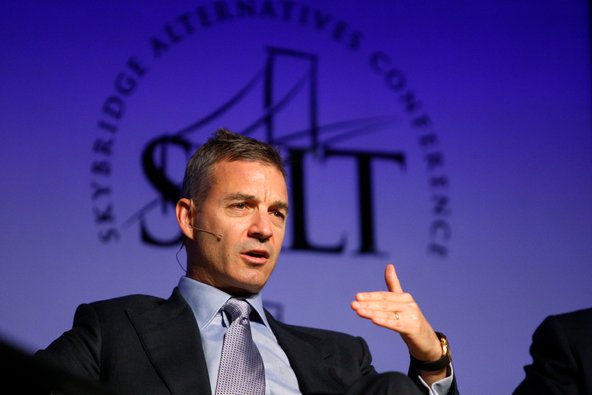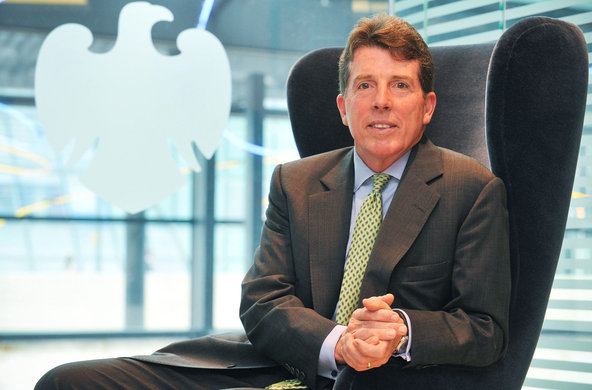Those days are little more than a memory. Its stock price has plummeted more than 88 percent since its April 2011 high. Profits for the second quarter, which ended June 30, were down 83 percent. The company warned that the third quarter looked bleaker still.
It gets worse.
Several of those poached executives, brought onboard to help increase shipments and work on acquisitions have walked away, and there is a growing chorus for the ouster of the embattled chief executive, Peter Chou, as reports filter out of Taipei about an autocratic leader who is out of touch with the industry.
There were also the arrest last week of five departing executives accused of stealing company secrets and padding expense accounts. HTC had filed a complaint against the executives, who included the vice president of product design, Thomas Chien, and the research and development director Wu Chien-hung.
“We are cleaning up inventory and at the same time rebuilding our brand,” said the company’s chief marketing officer, Ben Ho. “If we don’t, there really is no tomorrow for us. The shock came last year. This year we have tried to repent. Are we forgiven? No, the markets will punish you if you don’t repent and recover fast enough.”
Former employees say that marketing, sales and distribution problems, along with spiraling inventory costs, have killed momentum and are dragging HTC into unprofitability.
In the quick-moving mobile devices industry, a lack of momentum is tantamount to a death sentence. Just ask Motorola or BlackBerry.
HTC set up shop as a contract electronics maker in 1999. Founded by Cher Wang, daughter of the billionaire former chairman of Formosa Plastics, Wang Yung-ching, it had to worry only about its margins. The clients took care of the rest. Business was good.
In 2002, it listed on the Taiwan Stock Exchange, starting a run of profitable quarters that will most likely be snapped with the next earnings report. HTC has said that it expects an operating margin of zero or a loss of as much as 8 percent for the third quarter.
By 2006 it had grown weary of slapping other companies’ brand names onto its products and decided to go it alone. A few years later, HTC developed the first smartphone that used Google’s Android operating system.
“HTC has always made great products,” said a recently departed executive, who spoke on condition of anonymity because of the sensitivity of the situation. “There are no problems on the hardware side of the ball. It just can’t sell to save itself. It’s relied too heavily on operator subsidies, and those are drying up for the premium phone market HTC likes to play in.”
The market research firm Gartner said that HTC had shipped 24.6 million smartphones in 2010, accounting for about one in every 12 smartphones bought globally. In 2011, that share increased to 9.1 percent, with purchases surging to about 43 million units.
In Taiwan, HTC was feted in the local media as the little company that could — the former contract maker now on the big stage for its innovation. Politicians urged the public to buy patriotically. HTC was an electronics flag bearer.
The company went on an acquisitions binge, spending more than $700 million, including splashy purchases of the U.S. graphics maker S3 Graphics for $300 million and the premium headphone maker Beats Electronics for $309 million.
Beats, founded by the hip-hop producer known as Dr. Dre, viewed it as a company on the rise when it sold HTC a 51 percent stake. Investors grumbled that HTC had overspent. Beats eventually bought back half of HTC’s stake in 2012 for $5 million less than it had been paid and is looking to purchase the remaining shares.

Article source: http://www.nytimes.com/2013/09/09/technology/a-long-fall-for-taiwan-smartphone-maker.html?partner=rss&emc=rss

